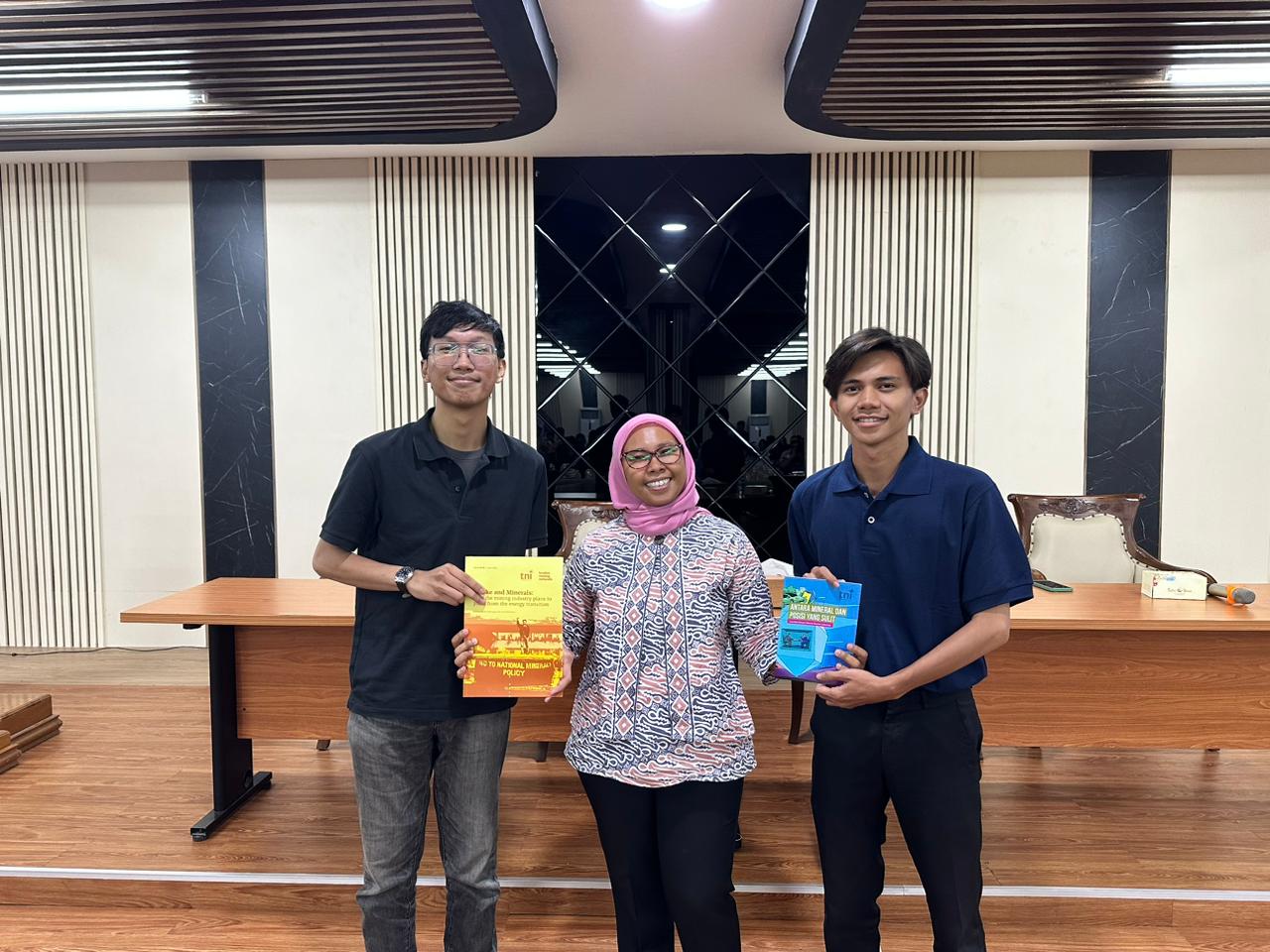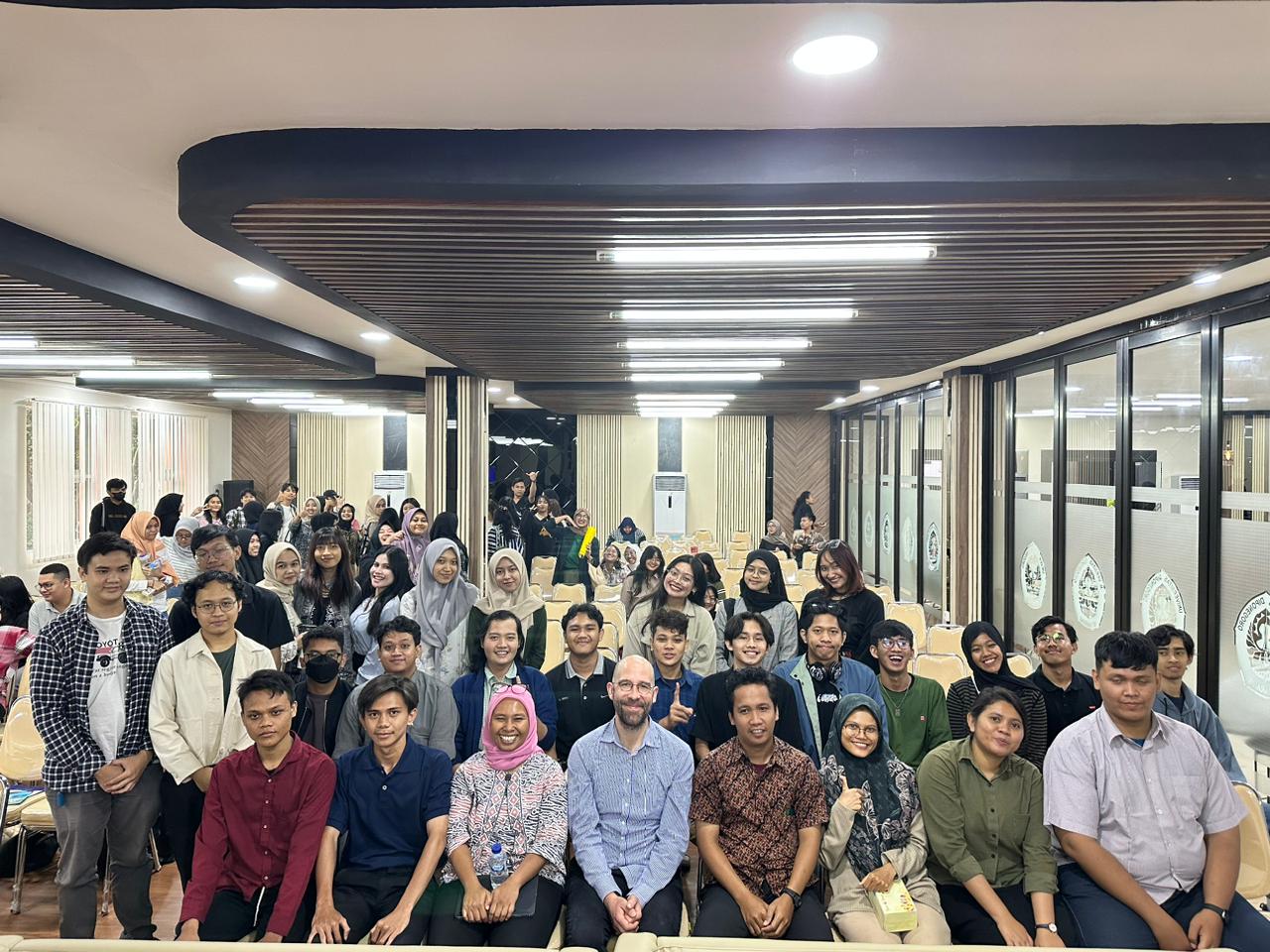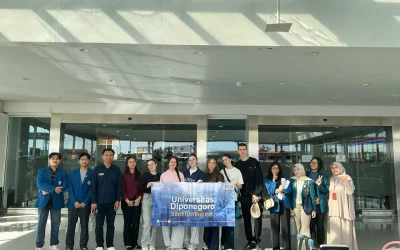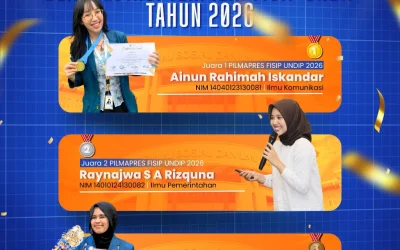Semarang (03/06) – The Department of International Relations at the Faculty of Social and Political Sciences (FISIP) of Universitas Diponegoro (Undip) hosted a Guest Lecture with the theme “Navigating Trade and Investment Agreements: The Role of INGO in Mineral Transition Issue for Renewable Energy Sustainability.” The event took place on Wednesday, March 6, 2024, in the PKM room of Building D at FISIP Undip.
The Guest Lecture featured keynote speaker Rachmi Hertanti, S.H., M.H., a representative from The Transnational Institute. In her presentation, Rachmi outlined several crucial aspects related to the mineral transition to support sustainable renewable energy.
Rachmi presented the findings of the International Renewable Energy Agency (IRENA) report, emphasizing the importance of increasing the supply and demand for renewable energy technologies such as Solar PV, wind turbines, and electric vehicle batteries. According to the 2021 report from the International Energy Agency (IEA), the increased demand for clean technologies will require a sixfold increase in mineral extraction by 2040.

Other key points highlighted in this guest lecture include disruptions in the global supply chain of essential minerals, the rise of economic nationalism and protectionism practices, and the impact of the expansion of nickel mines and smelters in Indonesia. Rachmi also discussed investments in downstream industrial activities as part of efforts to comply with Mining and Coal Law.
Furthermore, this guest lecture addressed the expansion of trade and investment cooperation as a strategy to secure the raw mineral supply chain. The last point regarding investment protection and the Investor-State Dispute Settlement (ISDS) mechanism was explained through the 2022 UNCTAD report, which highlighted the trends in ISDS lawsuits related to environmental protection policies in various countries.
In the domestic context, Rachmi emphasized Indonesia’s export bans and domestic processing requirements as efforts to drive industrial downstream. This aligns with global developments where countries increasingly focus on the sustainability and security of the raw mineral supply chain.
The Guest Lecture aimed not only to convey information on crucial issues related to mineral transition for renewable energy but also to provide understanding to students of the Department of International Relations, FISIP Undip, regarding the role of cross-border trade and investment in fair access and sustainable renewable energy. Additionally, the role of non-governmental organizations (INGOs) in advocating for the social impacts of extractive industries was a focus to provide insight into corporate social responsibility for students.

At the end of this Guest Lecture activity, the atmosphere was more lively with an interactive discussion involving students of the Department of International Relations FISIP Undip. Students actively ask questions, express opinions, and share ideas related to the issue of mineral transition for renewable energy sustainability. The presence of this two-way communication made this Guest Lecture more dynamic and provided space for deeper understanding.
In addition, there were two lucky students, Fahrel and Fatih, who actively participated in the discussion. Both of them managed to get a book prize as an appreciation for their activeness in answering questions and expressing their views. This success also shows that interaction between speakers and students can add value to academic activities such as Guest Lectures, creating a more memorable learning experience for participants.





0 Comments